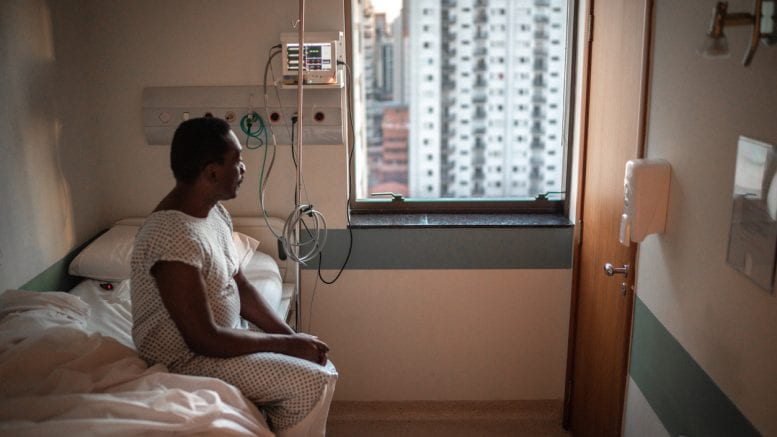According to the Chicago Department of Public Health, there has been a statistically larger amount of Latinx and African American Chicago residents who have contracted or died from COVID-19 than white residents.
Chicago Mayor Lori Lightfoot made a point to reference this issue, stating,
“This is a call-to-action moment for all of us. When we talk about equity and inclusion, they’re not just nice notions—they are an imperative that we must embrace as a city.”
Many other cities and states nationwide have seen a similar trend of racial disparity in their healthcare systems. Institute for Policy Research (IPR) sociologist Beth Redbird found that 1 in 10 African American or Asian American families had a family member with COVID-19. Additionally, a nationwide survey conducted by IPR political scientist James Druckman showed that African American, Asian American, and Hispanic populations were at least 12 points higher in their concern about contracting the virus compared to the white respondents. Learn more about the survey results here.
“We are seeing dramatic inequities in the risk of infection, and the risk of death, across the U.S. and especially in Chicago. There is an urgent need for community-based research on the origins of these inequities to inform policies that can effectively mitigate future outbreaks,” said Professor Thomas McDade, IPR biological anthropologist and director of Cells to Society (C2S): The Center on Social Disparities and Health.

